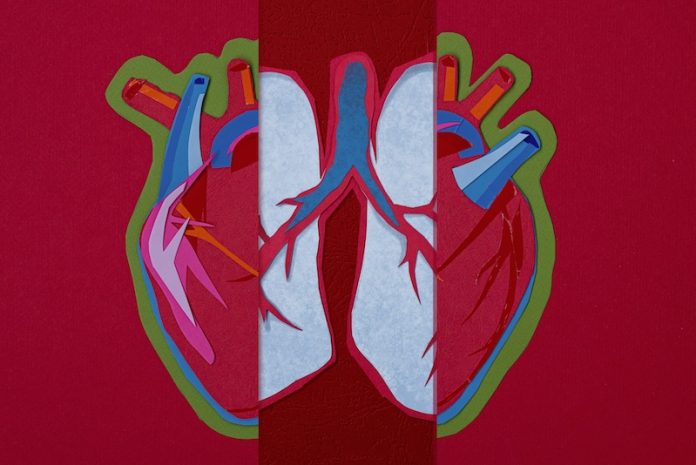
Arterial blockages in the heart, commonly known as coronary artery disease, happen when the main blood vessels that supply your heart with oxygen and nutrients become narrowed or obstructed.
These blockages are usually caused by the buildup of cholesterol-containing deposits called plaques and by inflammation in the arteries.
Recognizing the early signs of arterial blockages is crucial, as it allows for timely intervention, which can reduce the risk of serious conditions like heart attacks or strokes. This guide will help you identify the warning signs and understand why they occur.
The heart needs a constant supply of oxygen-rich blood to function properly, and this blood is delivered through the coronary arteries. When these arteries are blocked or narrowed, the blood flow to the heart is reduced, leading to serious health problems.
One of the most common and recognizable signs of an arterial blockage is chest pain, known as angina. Angina often feels like pressure, tightness, or squeezing in the chest.
This discomfort can also spread to the arms, neck, jaw, or back. Angina is typically triggered by physical exertion or emotional stress and usually eases with rest.
However, not all heart problems come with clear symptoms. Some people may experience what is known as a silent heart attack, where there are minimal or no symptoms.
This is especially common in people with diabetes, who may not feel pain due to nerve damage caused by the disease.
Shortness of breath is another important sign that your heart might be struggling due to blocked arteries. If your heart cannot pump enough blood to meet your body’s needs, you may find yourself short of breath after light activity or even at rest.
Fatigue, while a less specific symptom, is still significant, particularly in women. If you find that everyday tasks suddenly become exhausting, it could be a sign that your heart isn’t getting enough blood because of a blockage.
Other symptoms that may not immediately suggest heart problems but can be related include nausea, heart palpitations, and dizziness. These symptoms are also more common in women and can sometimes be mistaken for other conditions.
Research emphasizes the importance of recognizing these symptoms early.
For example, a study published in the American Journal of Cardiology found that patients who quickly recognized their symptoms and sought treatment had much better outcomes than those who delayed.
This is because the longer the heart is deprived of oxygen-rich blood, the more damage occurs to the heart muscle.
Preventing and detecting coronary artery disease early involves understanding and managing risk factors such as high cholesterol, high blood pressure, smoking, diabetes, obesity, and a lack of physical activity.
Making lifestyle changes like eating a heart-healthy diet, exercising regularly, quitting smoking, and maintaining a healthy weight can significantly reduce your risk of developing heart disease.
In summary, being aware of the signs of arterial blockages and understanding the risk factors can save lives. If you or someone you know experiences any of the symptoms mentioned, it is essential to consult a healthcare provider immediately.
Early intervention can prevent serious outcomes like heart attacks and improve the chances of a full recovery. Staying informed and taking proactive steps towards heart health are key to preventing and managing heart disease effectively.
If you care about health, please read studies about the benefits of low-dose lithium supplements, and what we know about egg intake and heart disease.
For more information about health, please see recent studies about potatoes and high blood pressure, and results showing 6 best breads for people with heart disease.
Copyright © 2024 Knowridge Science Report. All rights reserved.



